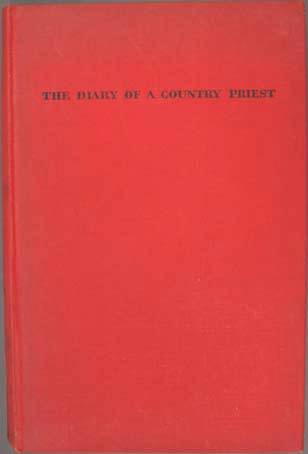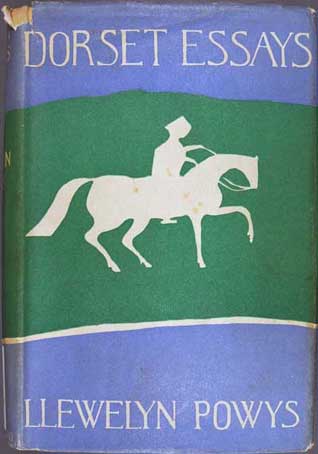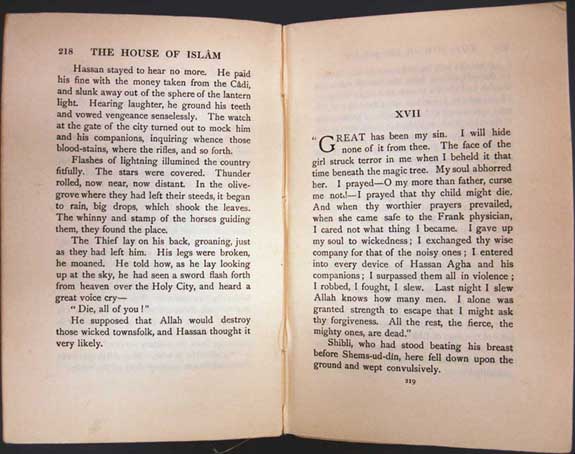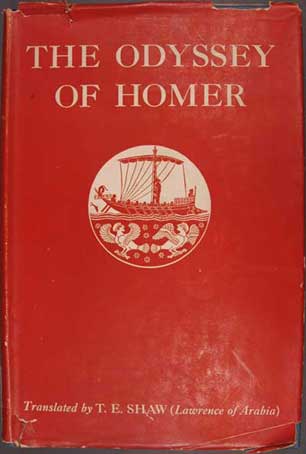Before the War
Brasch was living at 21 Lawn Road, off Haverstock Hill, during 1940, the first full year of the Second World War. After resolving personal issues over pacifism, he registered for military service. A book he read in early January was Georges Bernanos's The Diary of a Country Priest,'a book once read never forgotten.' He recorded a passage from it which was no doubt indicative of how he felt at the time: 'At my age, death seems so far away that the daily experience of our own mediocrity does not as yet convince us. We do not wish to believe that such a happening will be in no way unusual, that it will probably be neither more nor less ordinary than ourselves, made in our image, the image of our destiny.'
Georges Bernanos, The Diary of a Country Priest. London: Boriswood, 1937. Brasch PQ2603.E5875 J6 A25
Llewelyn Powys (1884-1939) was younger brother to British novelist John Cowper Powys and short story writer T. F. Powys. Brasch acquired Llewelyn Powys's Dorset Essays in 1939, and started reading it on 15 January 1940. Powys, often called a 'young man's writer', obviously appealed to Brasch:'His noble (yet sometimes inadequate) paganism, his belief in life, the purity of his sensuality - & his prose, now & then so lovely - Jung & Freud between them have taken away my belief in a traditional God; but the powers we worshipped under his name remain & are as potent as always, & the Christian form is still rich in association, even compelling. I do not think I am looking for a substitute for God.'
Llewelyn Powys, Dorset Essays. London: John Lane, The Bodley Head, 1935. Brasch DA670.D7 PW16
Given the war-time situation, it is not surprising that much of Brasch's reading was non-fiction, in the main politics, social criticism and religion. On 15 March 1940, he went to the London Library and read Desert Fathers (1936), a book about saints and hermits translated from the Latin by Helen Waddell. Just prior to this, he read this copy of Marmaduke Pickthall's 1906 edition of The House of Islam, a work that Brasch's friend John Crockett had given to him as a Xmas present. It was started 'for relaxation.' Pickthall (1875-1936) was a Western Islamic scholar who translated the Koran into English.
Marmaduke William Pickthall, The House of Islam. London: Methuen, 1906. Brasch PR6031.I35 H6
Some books plummeted Brasch back in time. On 9 December 1940, he re-read T. E. Lawrence's translation of the Odyssey, which made him recall life in Dunedin:'Lawrence's translation… I have not looked at since those Sunday afternoons at Manono when after dinner Grandfather made John Laing & me read Iliad & Odyssey to him, all three of us taking turns at reading. I think we read both books through, over a long period, in the flowery English of the times; John & I unwilling & restless & envious of Lel & Biddy who were free to play outside on the lawn, where we could see them through the sitting room window. Grandfather may have smiled but was firm: we had to stay & read; but sometimes, I seem to remember, he nodded as we read.'





